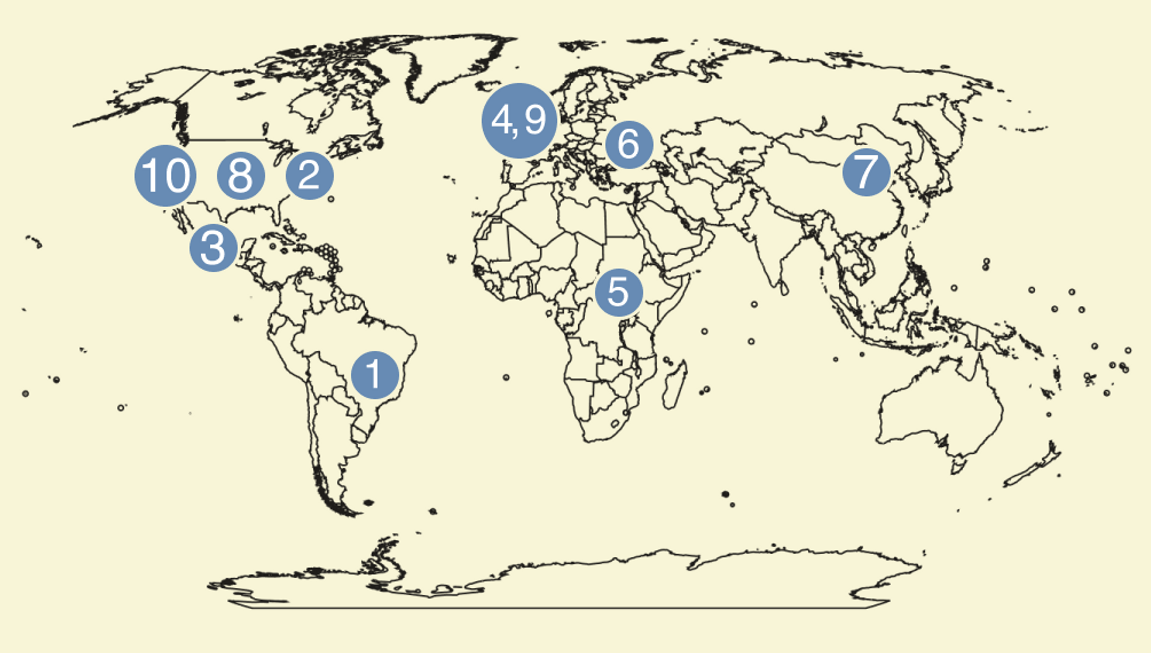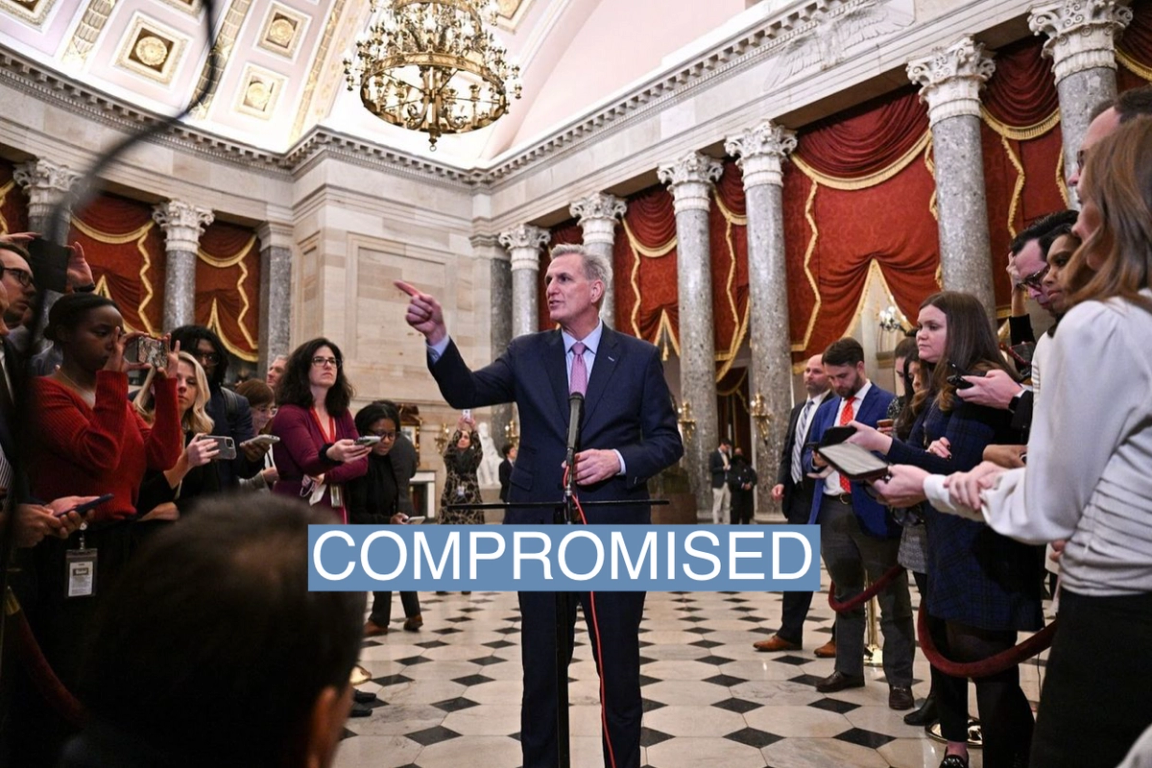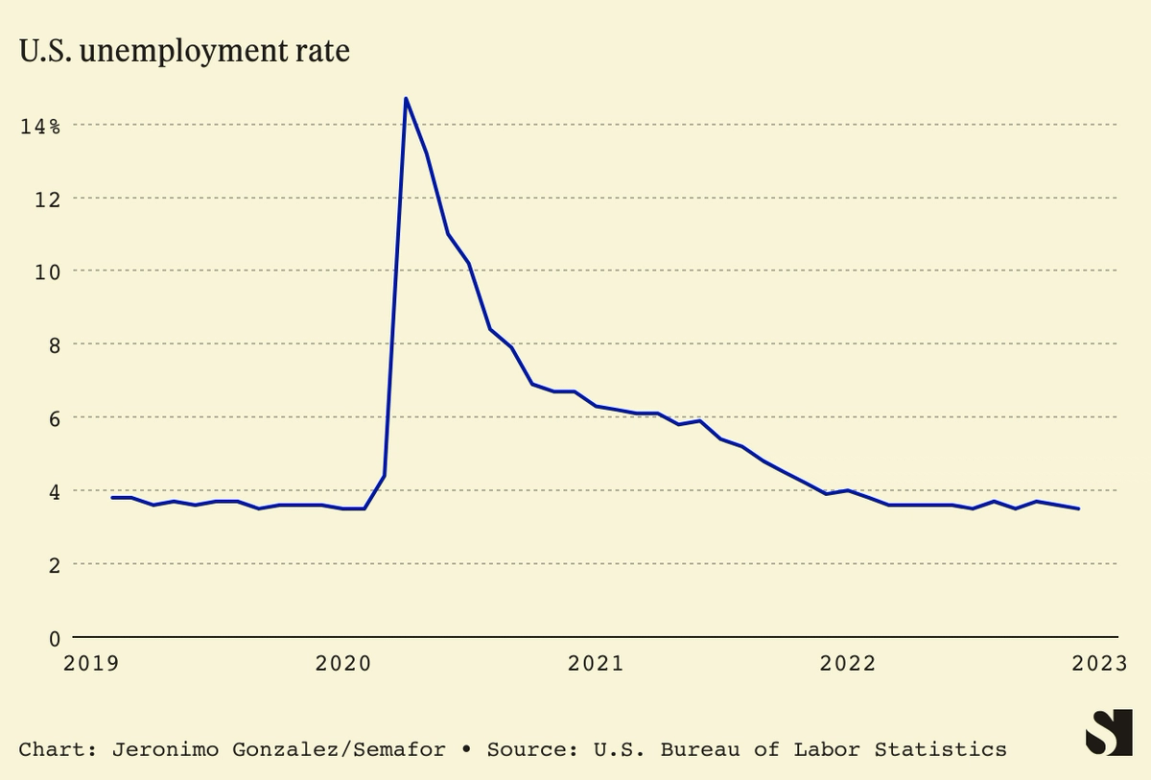 A speechwriter’s assessment Volodymyr Zelenskyy’s leadership has been one of the true global revelations of the past year. The Ukrainian leader’s refusal to budge in the face of Russian aggression has been legendary — remember “I need ammunition, not a ride”? — but just as impressive has been his oratory. Partly, this is thanks to a skillset honed over years as an actor and stand-up comic. But there is more to it than that, James Fallows, the former Atlantic staff writer, and even more formerly Jimmy Carter’s speechwriter, writes. Zelenskyy’s speech to mark New Year’s, Fallows says, “should be part of future courses on how political leaders try to inform, inspire, and motivate their people.” The case for the F-35 There’s a widespread idea that the Lockheed F-35 Lightning, the United States strike fighter, is a big useless waste of money. But the military blogger Naval Gazing disagrees: F-35s being built now are reasonably cheap and only rivaled in capability by the F-22. The program may cost $1.5 trillion, but that’s over half a century. And the F-35’s sensor capabilities and stealth means that it can kill most enemies before they know it’s there. “Most prominent military procurement programs go through three phases” in the public discourse, says the author. In phase one, everyone thinks they’re brilliant. In phase two, everyone says they’re behind schedule, overpriced, and useless. The F-35 is reaching phase three: when it becomes “a perfectly normal, if imperfect, weapons system.” Big government, small tech In much of the West, it can seem like tech and government are in permanent opposition. But in poorer countries, resource-strapped governments are using technology differently. Bangladesh pays thousands of individuals to manage kiosks where they help compatriots register births, view exam results, or provide some 600 other government services. In Thailand, citizens can obtain their driver’s license information or check for child support payments at their local 7-11. These two countries “have demonstrated that public-private partnerships have no pre-defined scope and scale, and are not only worth doing if they involve a trillion-dollar tech firm and a whole-of-government data strategy,” Luke Cavanaugh writes in Interweave. |














